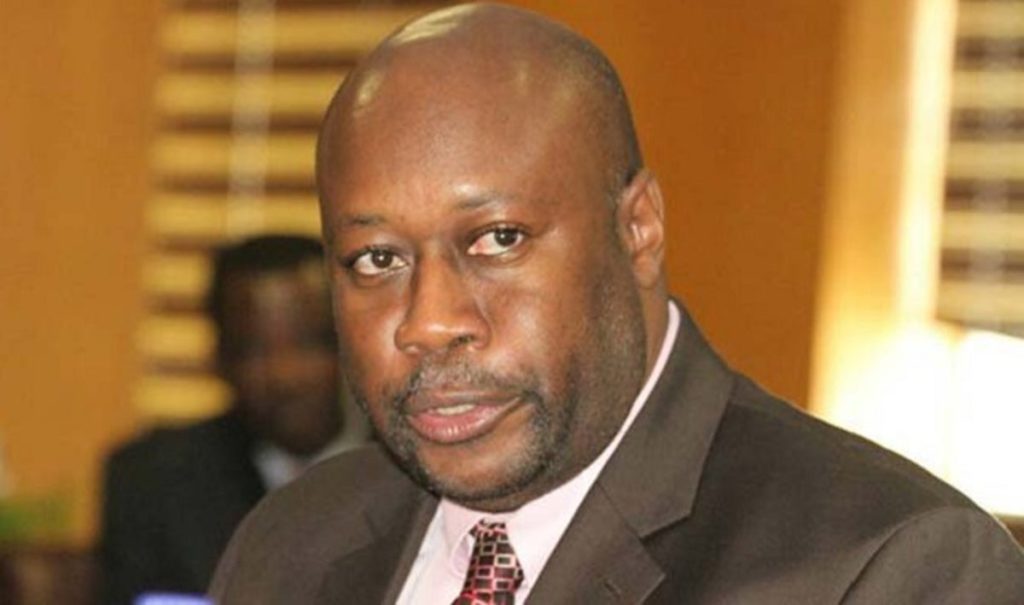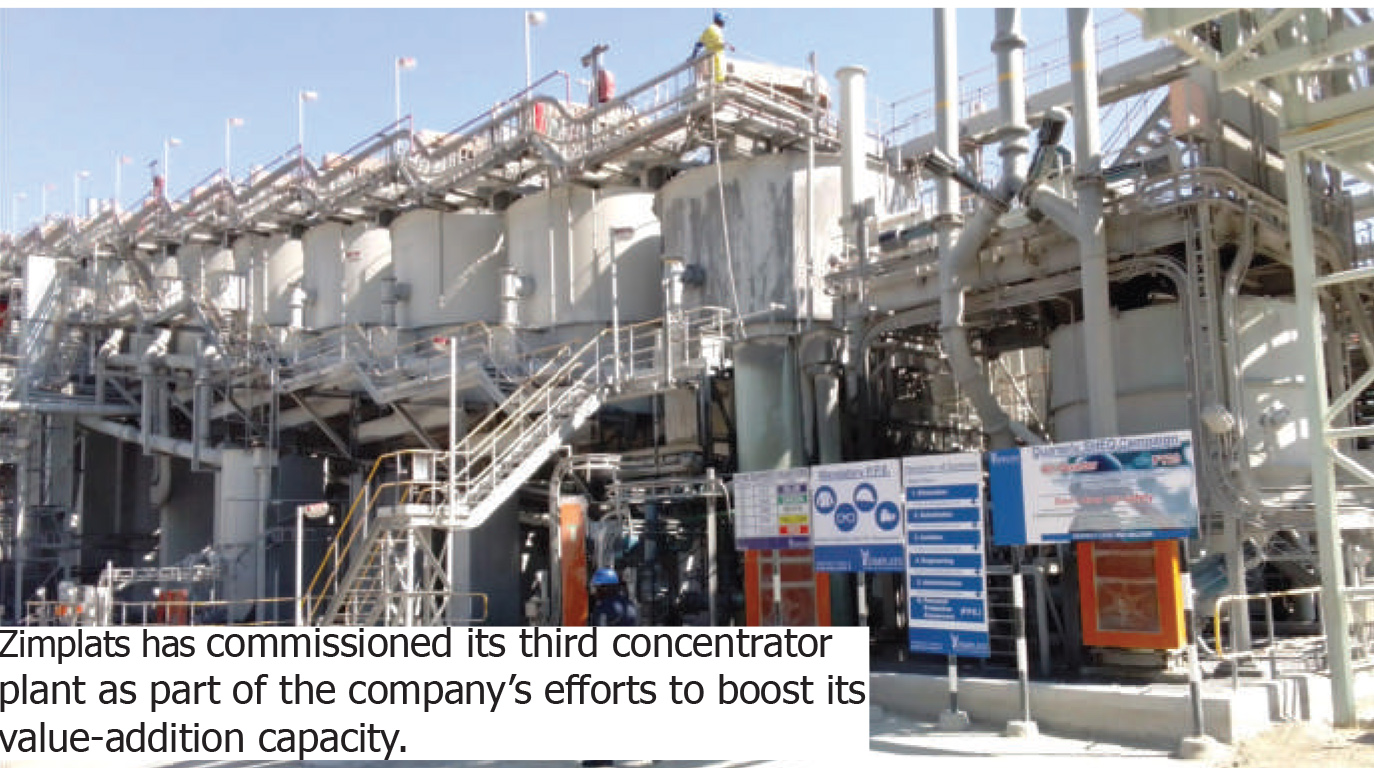THE government has set the stage for Zimbabwe to benefit from its huge natural resources by putting in place policies and measures that outlaw exportation of several minerals in their raw form.
The mineral beneficiation thrust comes as Zimbabwe’s exports are currently dominated by semi-processed gold, raw tobacco, ferro-alloys, nickel ore and diamonds.
It also comes as the mining sector’s export proceeds accounted for 75, 8 percent of the total export earnings in last year.
Over the past five years, the government has come up with a range of measures meant to entrench beneficiation of minerals such as platinum, diamond, gold and chrome mining in order to unlock the backward and forward linkages in the mining sector to create jobs.
One such measure was Statutory Instrument 213 of 2022 (Base Minerals Export Control for unbeneficiated Lithium Bearing Ores) under which people that are found violating the law face a fine of twice the value of the mineral they had sought to export illegally (smuggle), or could be imprisoned for up to two years.
In a bid to ensure that Zimbabwe, which is among the top 10 lithium-producing countries in the world, makes the most of the huge international appetite for the mineral which is a key component in the manufacture of batteries for electric vehicles, in February, Finance minister Mthuli Ncube indicated that government was ready to put forward US$20 million to partner investors willing to invest in a lithium battery manufacturing project in Zimbabwe.
Veteran economist Eddie Cross says Zimbabwe is now well-placed to capitalise on the lithium boom. “We are going to be meeting about 25 percent of the world lithium demand within two to three years. There are 11 lithium mines currently under development.

Kuvimba has discovered one of the largest and richest lithium mines in the world. I don’t know what this will do to the economy of Zimbabwe but one thing I can guarantee is that lithium is going to significantly push up the country’s export earnings,” said Cross recently.
It is not just the lithium sector that has embraced the beneficiation thrust. Last year the Chamber of Mines Zimbabwe (CoMZ) rallied behind the government’s efforts to promote accelerated beneficiation of the platinum group metals (PGMs), diamond and lithium.
“The country boasts of integrated beneficiation facilities for nickel, ferrochrome, and coal. For gold the country has a central smelting and refining facility in Fidelity Printers and Refiners. There are very bright prospects that the beneficiation of asbestos, iron ore, and copper will soon be re-activated,” said CoMZ president Collins Chibafa.
Taking a cue from the government’s beneficiation thrust, Zimplats, a member of mining con[1]glomerate Implats Group, commissioned its third concentrator plant as part of the company’s efforts to boost its value-addition capacity.
Commissioning the concentrator, President Emmerson Mnangagwa expressed gratitude to Zimplats which also intends to construct a base metal refinery.
“This is another giant step forward in mineral beneficiation and value-addition as we move towards full beneficiation of platinum in the country,” said Mnangagwa.
“As we move forward let’s continue to prioritise beneficiation and value-addition in our mining industry. We must also invest in new technologies, research and development to ensure we remain competitive.” Last week, President Mnangagwa emphasised the need for the country’s value-addition efforts to go full steam ahead.

At the official commissioning of Muchesu Coal Mine in Binga, President Mnangagwa implored miners to prioritise mine beneficiation. “Under National Development Strategy (NDS1) implementation, beneficiation and value addition of our economic minerals is crucial if we want, as a nation, to attain Vision 2030 of Zimbabwe becoming an upper middle-income economy by the year 2030.
“The Government will continue prioritising enhanced investments in exploration, opening of new mines, beneficiation and value addition of minerals; as well as expansion of existing mining projects subject to various commercial and economic models,” said President Mnangagwa.
According to Mines and Mining Development minister Winston Chitando, the mining sector is poised to be the catalyst of the country’s economic development.
“The main thrust is on mineral beneficiation along the mining value chain to convert the country’s mineral resources into a catalyst for economic growth,” said Minister Chitando while addressing delegates at the recently-held African Mining Indaba in South Africa.
“The country has huge mineral resource endowments to support the development of local value chains,” said Chitando.





1 Comment